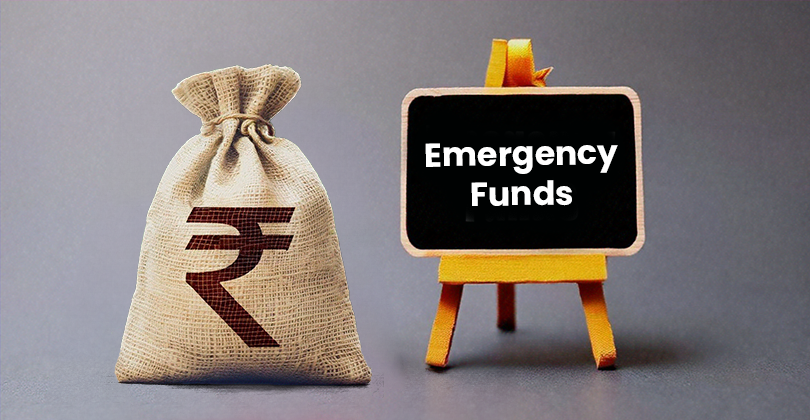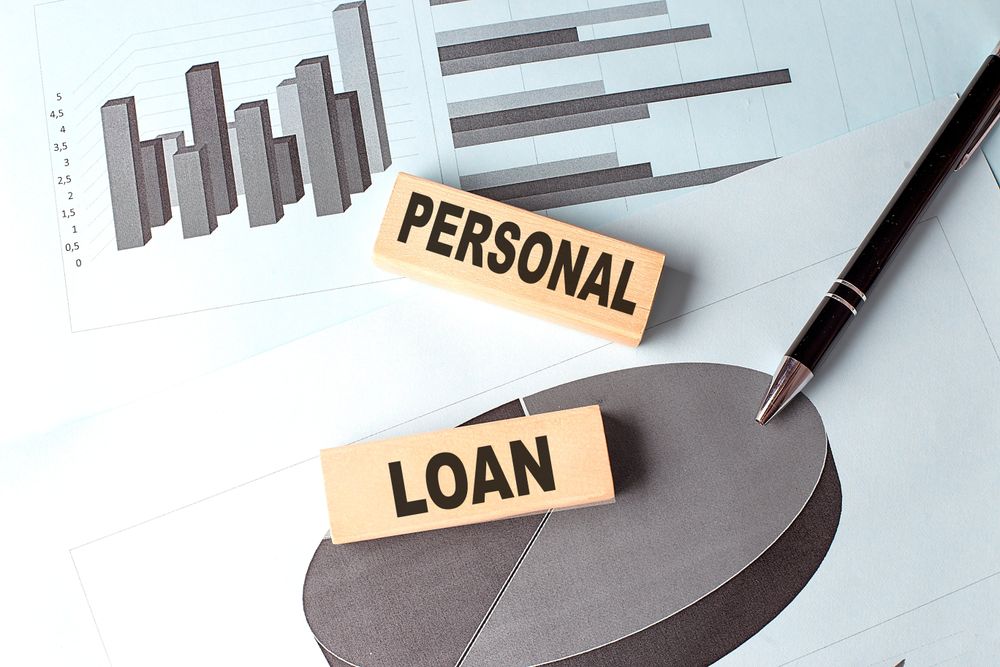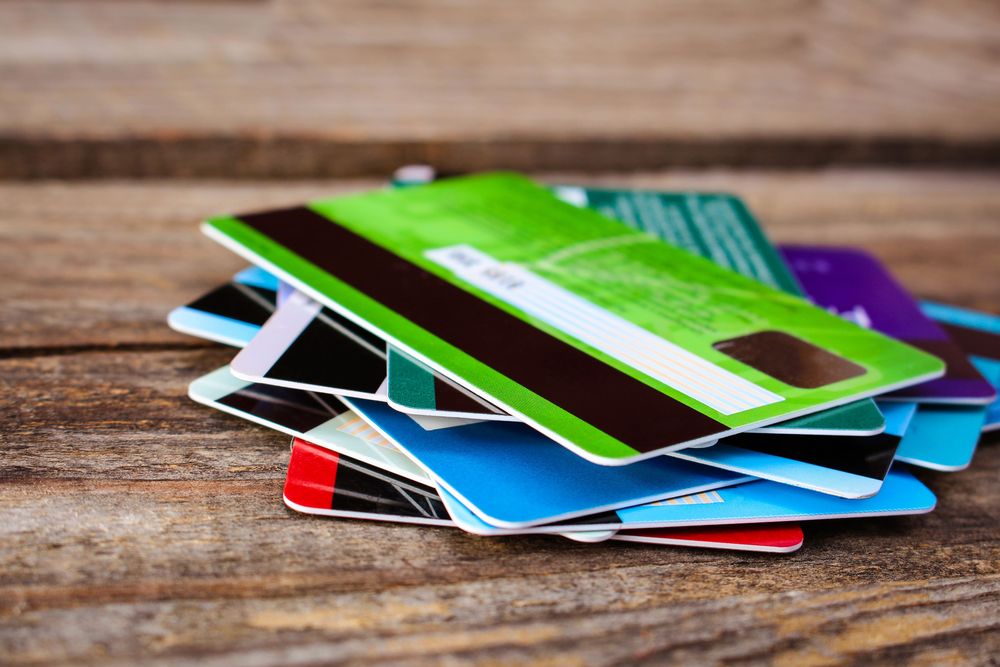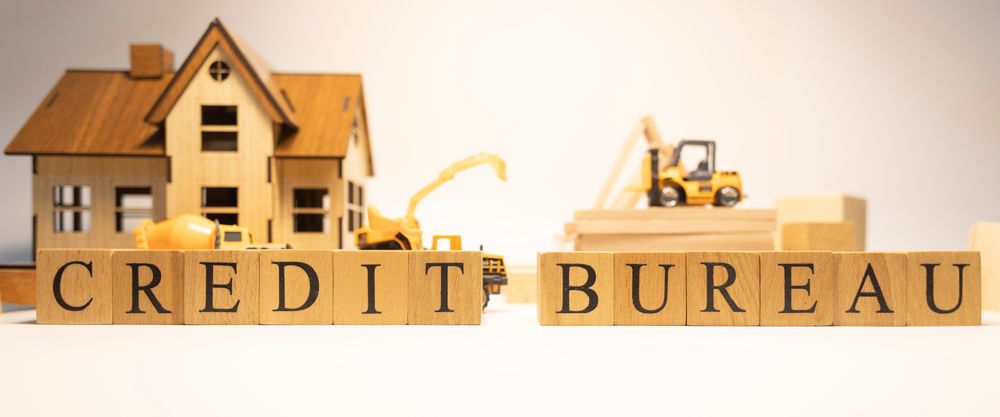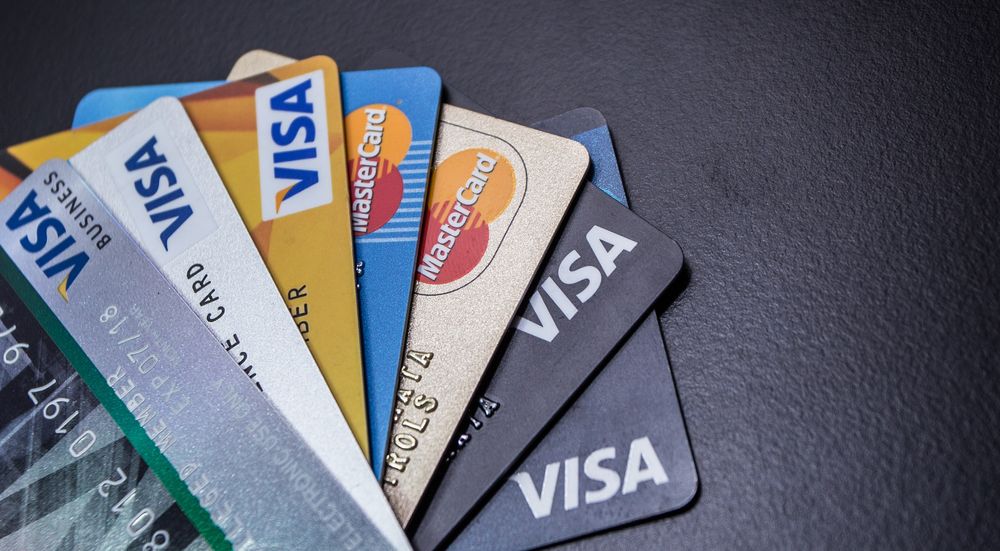Balancing finances is a real challenge, and even the most thorough financial plans can be tainted by unexpected circumstances. When encountering sudden expenditures such as
In an era defined by technological advancement with an evolving financial landscape, credit cards have emerged as a versatile and essential tool for managing personal finances. These plastic cards, equipped with magnetic stripes or chips, have revolutionised the way we make transactions, offering convenience, security, and a host of benefits.
In India, credit cards have gained widespread popularity, transforming the way people shop, travel, and even budget, accounting for their finances accurately. However, with great power comes great responsibility. While credit cards offer a gateway to financial flexibility, they must be used with care and prudence to avoid debt accumulation and financial mismanagement.
This article aims to provide a comprehensive guide to the do’s and don'ts of using credit cards in India, helping individuals make informed decisions and use credit cards to their advantage.
📗 Related reading- 12 Advantages of Using a Credit Card
The Evolution of Credit Cards in India
The concept of credit is quite old, with civilisations throughout history engaging in various forms of borrowing and lending. However, the modern credit card as we know it today began to take shape in the mid-20th century.
In India, credit cards gained prominence in the early 1990s, marking a shift from traditional modes of payment to a more convenient and electronic system. Over the years, credit cards in India have evolved from being exclusive offerings of a select few banks to becoming widely accessible to a diverse range of individuals.
With globalisation and the advent of online shopping and digital transactions, credit cards have transcended their conventional role, offering users a plethora of rewards, cashback, and travel benefits. As credit card providers compete to attract customers, understanding the nuances of responsible credit card usage has become more crucial than ever.
Navigating the Credit Card Landscape: The Do's and Don'ts
As credit cards continue to play a substantial role in the lives of individuals across India, it's imperative to use credit cards wisely. To make the most of these financial tools while avoiding potential pitfalls, consider the following do's and don'ts:
The Do's of Using Credit Cards:
-
Choose Wisely: When selecting a credit card, it's crucial to pick one that aligns with your spending habits and financial goals. Different cards offer various benefits, such as cashback, rewards, travel perks, and more. Research and compare the options available to find the one that suits you the best.
-
Pay On Time: Timely payments are the cornerstone of responsible credit card usage. Set up reminders or automatic payments to ensure you never miss a due date. Late payments can lead to hefty interest charges and damage your credit score.
-
Understand Interest Rates: Credit cards often come with high interest rates on unpaid balances. It's vital to evaluate if the interest rates applicable to your card make financial sense in your situation and make an effort to pay off your balance in full each month to avoid unnecessary interest charges or penalties.
-
Monitor Your Spending: Track your credit card transactions regularly. Online banking and mobile apps make this task more accessible than ever. Monitoring your spending helps you stay within your budget and identify any unauthorised or fraudulent transactions promptly.
-
Utilise Reward Programs: Many credit cards offer rewards, cashback, or loyalty points for every transaction. Make the most of these benefits by swiping your card for everyday expenses, but be cautious not to overspend in pursuit of rewards.
-
Build Your Credit History: Responsible credit card usage contributes to building a positive credit history, which is essential for obtaining loans or mortgages in the future. Paying your credit card bills on time and maintaining a low credit utilisation ratio is vital for a healthy credit score.
-
Emergency Fund Supersedes Credit: While credit cards provide financial flexibility, relying on them during emergencies isn't always the best approach. It's wiser to have a dedicated emergency fund to cover unexpected expenses rather than accumulating credit card debt.
-
Secure Your Card: Protect your credit card details and personal information. Memorise your PIN, never share it with anyone, and avoid storing sensitive information on your devices. In case your card is lost or stolen, report it to your card issuer immediately.
-
Emergency Fund Supersedes Credit: While credit cards provide financial flexibility, relying on them during emergencies isn't always the best approach. It's wiser to have a dedicated emergency fund to cover unexpected expenses rather than accumulating credit card debt.
-
Stay Informed: Credit card terms and conditions can change over time. Regularly review your credit card agreements and stay informed about any modifications to fees, interest rates, or rewards programs.
The Don'ts of Using Credit Cards:
-
Don't Overspend: One of the most significant pitfalls of credit cards is the temptation to overspend. Just because you have a high credit limit doesn't mean you should max it out. Stick to your budget and only use your credit card for expenses you can afford to pay off in full.
-
Avoid Minimum Payments: While making the minimum payment might seem convenient, it can lead to a cycle of debt due to compounding interest. Always strive to pay your full balance each month to avoid accumulating high-interest debt.
-
Don't Ignore Your Statements: Ignoring your credit card statements can lead to missed payments, unauthorised transactions, and even fraud going unnoticed. Regularly review your statements for accuracy and report any discrepancies to your card issuer immediately.
-
Don't Share Your Card: Never share your credit card details, including the card number, CVV, and PIN, with anyone. Scammers and fraudsters can misuse this information to make unauthorised transactions.
-
Avoid Cash Withdrawals: Using your credit card for cash withdrawals, also known as cash advances, comes with high fees and interest rates that start accumulating immediately. It's better to use your debit card or other means for cash withdrawals.
-
Don't Fall for Impulse Purchases: The convenience of credit cards can lead to impulsive buying behaviour. Before making a purchase, consider whether it's a necessity, fits your budget, and contributes positively to your financial goals.
-
Avoid Closing Old Accounts: The length of your credit history plays a role in determining your credit score. Closing old credit card accounts can potentially lower your credit score. If you no longer need a particular card, consider keeping it open with a zero balance.
-
Don't Apply for Multiple Cards at Once: Each time you apply for a credit card, it generates a hard inquiry on your credit report, which can temporarily lower your credit score. Applying for multiple cards within a short period can signal to lenders that you're seeking excessive credit.
-
Avoid Co-signing a Loan Without Caution: Co-signing for someone else's credit card, especially if they have a poor credit history, can put you at risk. If the primary cardholder defaults, you become responsible for the debt. Only co-sign if you're prepared to take on the financial responsibility triggered by such defaults.
Conclusion
Credit cards can be valuable financial tools when used responsibly, providing convenience, rewards, and the opportunity to build a strong credit history. However, they can also lead to financial trouble if mismanaged.
By following the do's and avoiding the don'ts of credit card usage in India, individuals can harness the benefits of credit cards while safeguarding their financial well-being.
Remember that responsible credit card usage involves making timely payments, understanding interest rates, staying within your budget, and regularly monitoring your transactions. With a balanced approach, credit cards can be a powerful asset in your financial toolkit.
AUTHOR
KreditBee As a market leader in the Fintech industry, we strive to bring you the best information to help you manage finances better. These blogs aim to make complicated monetary matters a whole lot simpler.



